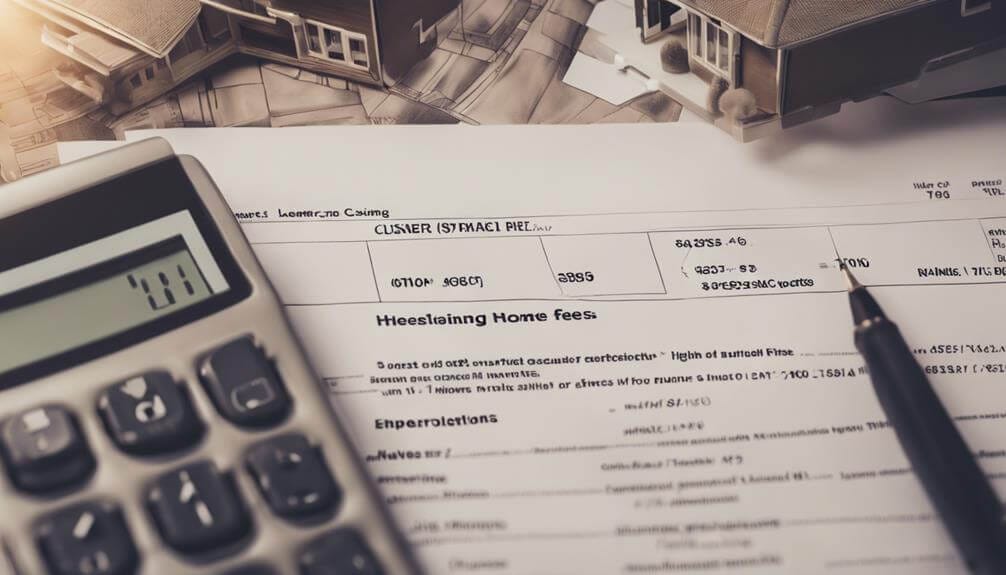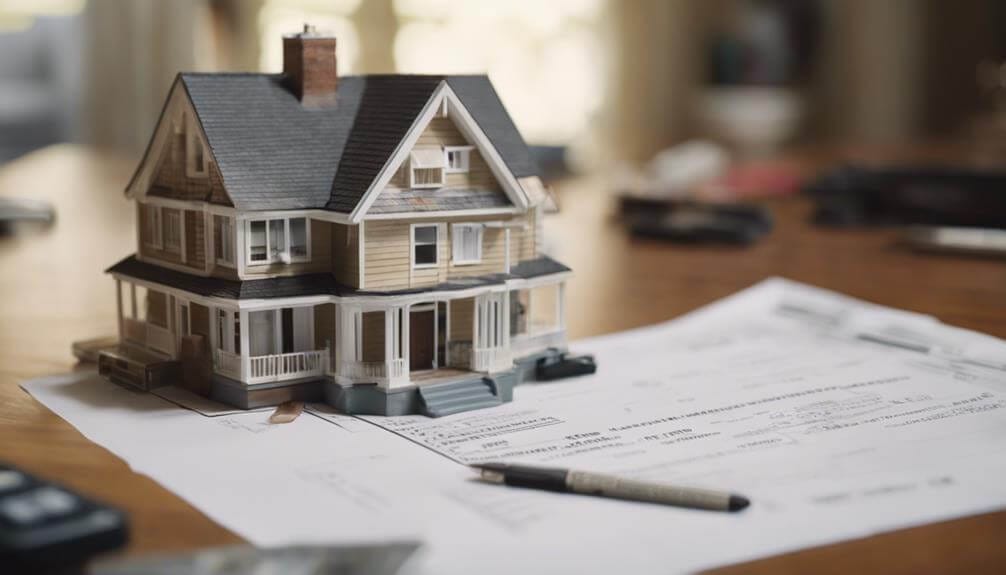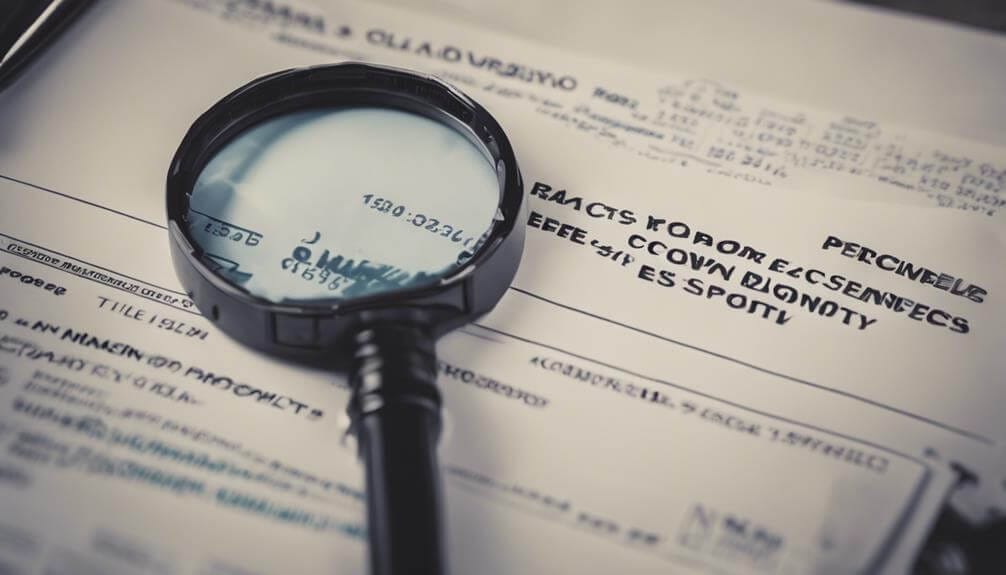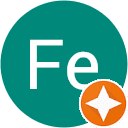Understanding closing costs in the Bay Area is essential for effective budgeting when purchasing a home. You need to take into account loan origination fees, appraisal fees, title insurance, and more. Closing costs vary based on property price and location. Requesting a Loan Estimate to comprehend expected costs. Negotiating and scrutinizing fees carefully can save you money. Prepare a detailed budget and set aside funds for closing costs. Differentiate between down payment and closing costs. Exploring financing options and seeking professional advice can help navigate the process. You'll find valuable insights on managing and saving on closing costs in the Bay Area.
Key Takeaways
- Closing costs vary based on property price, location, and service providers.
- Requesting a Loan Estimate helps understand expected costs.
- Negotiate with sellers for concessions to reduce financial burden.
- Set aside a separate fund for closing costs to avoid surprises.
- Compare quotes from different service providers for cost-saving options.
Overview of Closing Costs

When purchasing a home in the Bay Area, understanding closing costs is crucial for budgeting effectively. As you begin this exciting journey of homeownership, integrating smart budgeting strategies into your financial planning can help you navigate the often intricate landscape of closing costs. By having a clear grasp of these expenses upfront, you can avoid any surprises and guarantee a smoother shift into your new home.
One key budgeting strategy to ponder is setting aside a contingency fund specifically for closing costs. This fund can serve as a buffer to cover any unforeseen expenses that may arise during the closing process. Additionally, collaborating closely with your real estate agent or financial advisor to estimate these costs early on can assist you in creating a more accurate budget for your home purchase.
Integrating these budgeting strategies into your overall financial planning can give you peace of mind and confidence as you progress with purchasing a home in the Bay Area. By being proactive and informed about closing costs, you can make more strategic decisions that align with your long-term financial goals.
Types of Closing Costs

To understand the breakdown of closing costs in the Bay Area, you should familiarize yourself with the various types of fees involved in the home buying process. Closing cost breakdown typically includes fees like loan origination fees, appraisal fees, title search and insurance, attorney fees, home inspection fees, and recording fees. These costs are essential for finalizing the purchase of a property and ensuring a smooth handover of ownership.
Common misconceptions about closing costs often revolve around the assumption that they're all the same for every home purchase. In reality, closing costs can vary based on factors such as the property price, location, and the specific lender or service providers involved. It's important to request a Loan Estimate from your lender, which outlines the expected closing costs, to avoid any surprises during the closing process.
Understanding the types of closing costs involved will better prepare you for the financial obligations associated with buying a home in the Bay Area. By being aware of these costs upfront, you can budget accordingly and make informed decisions throughout the home buying journey.
Average Closing Costs in Bay Area

The average closing costs in the Bay Area can vary greatly depending on the specific property, location, and service providers involved. These costs typically include a variety of fees and expenses that are part of finalizing a real estate transaction.
Here is a brief breakdown of what you might expect when it comes to closing costs in the Bay Area:
- Lender Fees: These can include origination fees, application fees, and points, which are a percentage of the loan amount.
- Title and Escrow Fees: These cover the cost of title searches, title insurance, and escrow services to guarantee a smooth transfer of ownership.
- Taxes and Prepaid Items: This category includes property taxes, homeowners insurance premiums, and prepaid interest that may be required at closing.
Factors Influencing Closing Costs

Various elements can greatly impact the closing costs associated with a real estate transaction in the Bay Area. One significant factor influencing closing costs is the cost breakdown. These costs typically include lender fees, appraisal fees, title insurance, escrow fees, and property taxes. The specifics of each cost can vary based on the property's location and the loan amount.
Payment options also play an important role in determining closing costs. Depending on the financing chosen, such as a conventional loan, FHA loan, or VA loan, the closing costs can differ. Some loan programs allow for the inclusion of closing costs in the mortgage, while others require them to be paid upfront. Additionally, the down payment amount can affect the overall closing costs. A higher down payment can reduce certain fees, while a lower down payment might result in higher closing costs.
Understanding the various factors that influence closing costs can help you better prepare financially when entering into a real estate transaction in the Bay Area.
Negotiating Closing Costs

When negotiating closing costs, consider leveraging your understanding of the factors that influence them to secure a favorable deal. To help you navigate this process effectively, here are some cost-saving strategies and negotiation tactics to keep in mind:
- Request Multiple Quotes: Obtain estimates from different lenders and service providers to compare costs and potentially negotiate for better deals.
- Review the Closing Disclosure Carefully: Scrutinize all fees listed in the Closing Disclosure to guarantee accuracy and question any charges that seem excessive or unfamiliar.
- Ask for Seller Concessions: In some cases, you may be able to negotiate with the seller to cover a portion of the closing costs, which can help reduce your financial burden at closing.
Preparing for Closing Costs

To best prepare for closing costs, start by creating a detailed budget outlining all potential expenses. Budget planning is vital to guarantee financial readiness when purchasing a home in the Bay Area. Begin by researching typical closing costs such as lender fees, title insurance, property taxes, and inspection fees. Factor in additional expenses like escrow fees and homeowner's insurance to avoid any surprises during the closing process.
Assess your current financial situation and determine how much you can comfortably allocate towards closing costs. It's important to have a clear understanding of your income, savings, and any outstanding debts to gauge your financial readiness. Consider setting aside a separate fund specifically for closing costs to prevent dipping into your emergency savings or affecting your daily expenses.
Hidden Closing Costs to Watch Out For

Keep an eye out for unexpected closing costs that may catch you off guard during the final stages of purchasing a home in the Bay Area. When budgeting for your new home, remember to take into account not just the obvious expenses, but also the hidden costs that can add up quickly.
Here are some potential financial pitfalls to watch out for:
- Property Taxes: Property taxes in the Bay Area can be higher than anticipated, so be prepared for this ongoing expense.
- Homeowners Association (HOA) Fees: If you're buying a property within an HOA, factor in the monthly or annual fees that come with it.
- Home Repairs and Maintenance: Setting aside money for unexpected repairs or maintenance is essential to avoid financial strain down the line.
Closing Cost Assistance Programs

Consider exploring closing cost assistance programs that may help alleviate some of the financial burden associated with purchasing a home in the Bay Area. These programs offer financial assistance to qualified individuals, making homeownership more achievable. Before diving into a program, it's important to understand the eligibility criteria. Most programs have specific requirements related to income, credit score, and the property itself. Here is a simplified comparison table of some common closing cost assistance programs in the Bay Area:
| Program Name | Financial Assistance | Program Eligibility |
|---|---|---|
| Bay Area Homebuyer Assistance Program | Up to $50,000 in grants | Income limits apply, first-time homebuyers |
| Closing Cost Assistance Grant | Up to 3% of the purchase price | Income restrictions, completion of homebuyer education program |
| CalHFA MyHome Assistance Program | Up to 3.5% of the purchase price | Must be a first-time homebuyer, certain income limits |
Closing Costs Vs. Down Payment

Understanding the distinction between closing costs and a down payment is crucial when navigating the homebuying process in the Bay Area. While both involve financial outlays, they serve different purposes and come from separate parts of your budget. Here's a breakdown to help you navigate this aspect of purchasing a home:
- Budgeting strategies: Differentiate between funds set aside for your down payment and those allocated for closing costs. Consider creating a detailed budget to make sure you have enough savings for both aspects.
- Financing options: Explore various financing options available to cover your down payment and closing costs. Some programs may assist with down payments, while others might help with closing costs, relieving some financial pressure.
- Professional advice: Consult with a financial advisor or a real estate expert to understand the best strategies for managing both your down payment and closing costs effectively.
Closing Cost Tips for Homebuyers

To effectively manage closing costs when buying a home in the Bay Area, prioritize researching potential savings opportunities. Budgeting strategies play an essential role in preparing for closing costs. Start by setting aside a specific amount each month leading up to your home purchase to make sure you have funds available when the time comes. Additionally, consider negotiating with the seller to cover some of the closing costs or asking your lender for a loan estimate to better understand and plan for the expenses involved.
Cost-saving tactics can also help alleviate the financial burden of closing costs. Compare quotes from different service providers, such as title companies and inspectors, to potentially find lower-cost options. You may also qualify for certain programs or grants that assist with closing costs, so be sure to explore all available resources. By being proactive and strategic in your approach to managing closing costs, you can navigate the home buying process more smoothly and with greater financial confidence.
Frequently Asked Questions
Can Closing Costs Be Rolled Into the Mortgage Loan in the Bay Area?
Yes, in the Bay Area, closing costs can sometimes be rolled into the mortgage loan. This can impact your overall loan amount, monthly payments, and interest rates. Consider the implications carefully before deciding.
Are There Any Tax Deductions Available for Closing Costs in the Bay Area?
Yes, there are tax benefits available for closing costs in the Bay Area. By strategically planning your finances, you can potentially deduct certain closing costs, providing you with valuable savings on your taxes.
How Do Closing Costs Differ for Different Types of Properties in the Bay Area, Such as Condos Vs. Single-Family Homes?
When buying in the Bay Area, closing costs vary between condos and single-family homes. Condo fees can impact costs, while property taxes differ based on property type. Understanding these differences will help you budget effectively for your new home.
Are There Any Closing Cost Discounts or Incentives Available for First-Time Homebuyers in the Bay Area?
When you’re a first-time buyer in the Bay Area, there can be opportunities for financial assistance that might help with your down payment. Some lenders or programs offer discounts or incentives to make homeownership more accessible. Additionally, some first-time buyer programs provide low-interest loans or grants to cover a portion of the down payment. Fast reverse mortgage loans are also an option for older adults looking to purchase a home with limited income or assets. These options can help make the dream of owning a home a reality for many individuals in the Bay Area.
What Is the Timeline for When Closing Costs Are Typically Paid in the Bay Area – Before or After the Home Purchase?
Typically, in the Bay Area, closing costs are paid at different stages – some before, like the earnest money deposit, and others after the purchase, like lender fees. You can negotiate payment options based on your budget.
Conclusion
As you navigate the process of buying a home in the Bay Area, remember that understanding closing costs is key. These expenses, which typically include loan origination fees, title insurance, escrow fees, and prepaid property taxes, can add up quickly and significantly impact your budget. It’s important to account for these fees early in the process to avoid surprises and to fully grasp the real cost of owning a home. By doing so, you’ll be better prepared to make informed financial decisions and ensure a smoother home-buying experience.
Don't let hidden fees sneak up on you – be aware of all the expenses involved.
By negotiating and seeking assistance programs, you can save money and make homeownership more affordable.
Just like peeling back layers of an onion, uncovering the true cost of homeownership will lead you to your dream home. As you peel back the layers, you’ll uncover the various expenses such as property taxes, insurance, maintenance, and potential renovations. By budgeting and understanding these costs upfront, you can make more informed decisions about the type of home you can afford and ultimately find the perfect match for your needs. For more information on navigating the home buying process, be sure to check out Wendy Landeros biography.






















